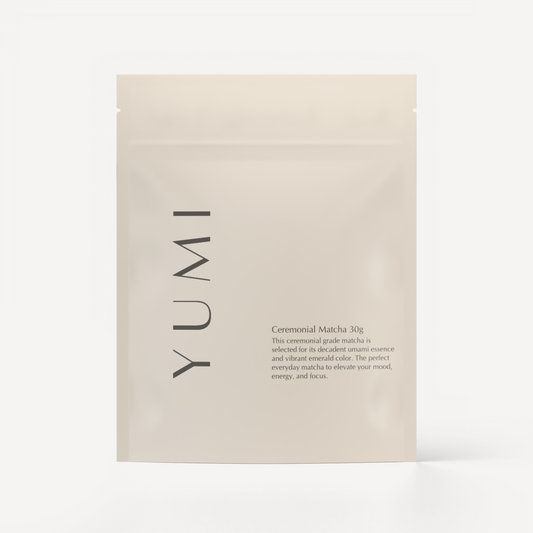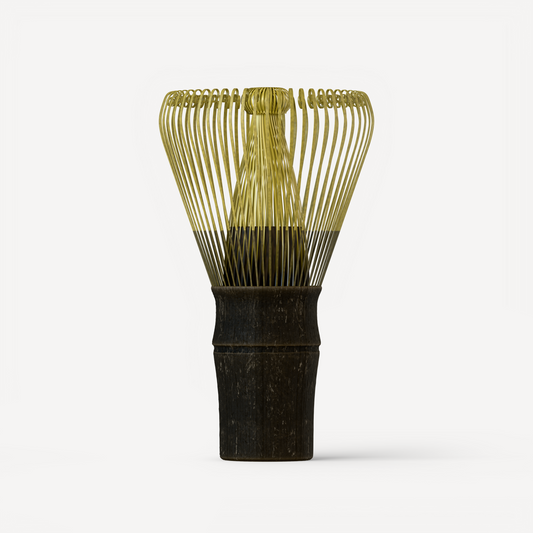If you have noticed that your favorite matcha is sometimes out of stock or harder to find, you are not alone. At Yumi Matcha we want to be transparent about why high quality matcha has become more difficult to source worldwide, what factors are behind the current shortage and what this means for you as a matcha lover.
Why Matcha Demand is Rising Worldwide
In just a few years matcha has grown from a niche Japanese tea to a global trend. From matcha lattes to cookies, matcha desserts etc social media platforms like TikTok and Instagram have pushed this vibrant green tea into the spotlight. Health-conscious consumers in Europe and the United States are increasingly choosing matcha as a clean alternative to coffee.
The market for matcha powder is booming. Between 2023 and 2028 the global matcha market is expected to grow from around 2.8 billion dollars to nearly 5 billion. This rapid growth means demand has increased much faster than supply.
Why Matcha Cannot Be Mass Produced
Authentic Japanese matcha is not a product that can simply be scaled up overnight. True ceremonial matcha is made from young shade-grown tea leaves that are carefully stone-ground using granite mills. This process requires time, knowledge and generations of experience in Japanese tea culture.
Even though Japanese producers have increased harvest volumes in recent years, the supply is still limited. The best leaves for matcha are harvested only once a year in spring. Newly planted tea bushes take around five years before they can produce high quality matcha. This natural cycle makes matcha a precious product that cannot be rushed.
The Role of Climate and Harvests
Matcha is a natural product, and like all agricultural goods it depends on weather conditions. Climate change has made tea growing regions in Japan more unpredictable. Extreme weather and unusual temperature shifts have reduced yields in some years, with the 2025 harvest being reported as one of the weakest in decades.
This lower output, combined with growing worldwide demand, has created strong competition for the best leaves at Kyoto tea auctions. Producers and brands are competing for limited supply, pushing prices higher and making availability more uncertain.
What This Means for You as a Matcha Drinker
The global shortage means there may be times when your preferred variety of matcha is temporarily unavailable or delivery takes longer than usual. This is not because of lack of planning, but because authentic matcha cannot be rushed. Quality and tradition take time.
At Yumi Matcha we see this as a reminder of just how valuable each cup of authentic matcha really is. When your matcha is available, you can be sure it was produced with patience, care and respect for centuries-old Japanese craftsmanship.
How Yumi Matcha Ensures Quality and Supply
Since the beginning we have worked directly with family-run tea farms in Uji, Japan, to secure the highest quality ceremonial matcha. These long-term partnerships mean that even in challenging harvest years we are able to maintain steady supply while staying true to our promise of premium, 100% authentic Japanese matcha.
We are committed to keeping you informed with full transparency about availability, and we thank you for being part of the Yumi Matcha community. Every cup of matcha is a moment of calm and focus, and in times of shortage it becomes more meaningful than ever.



